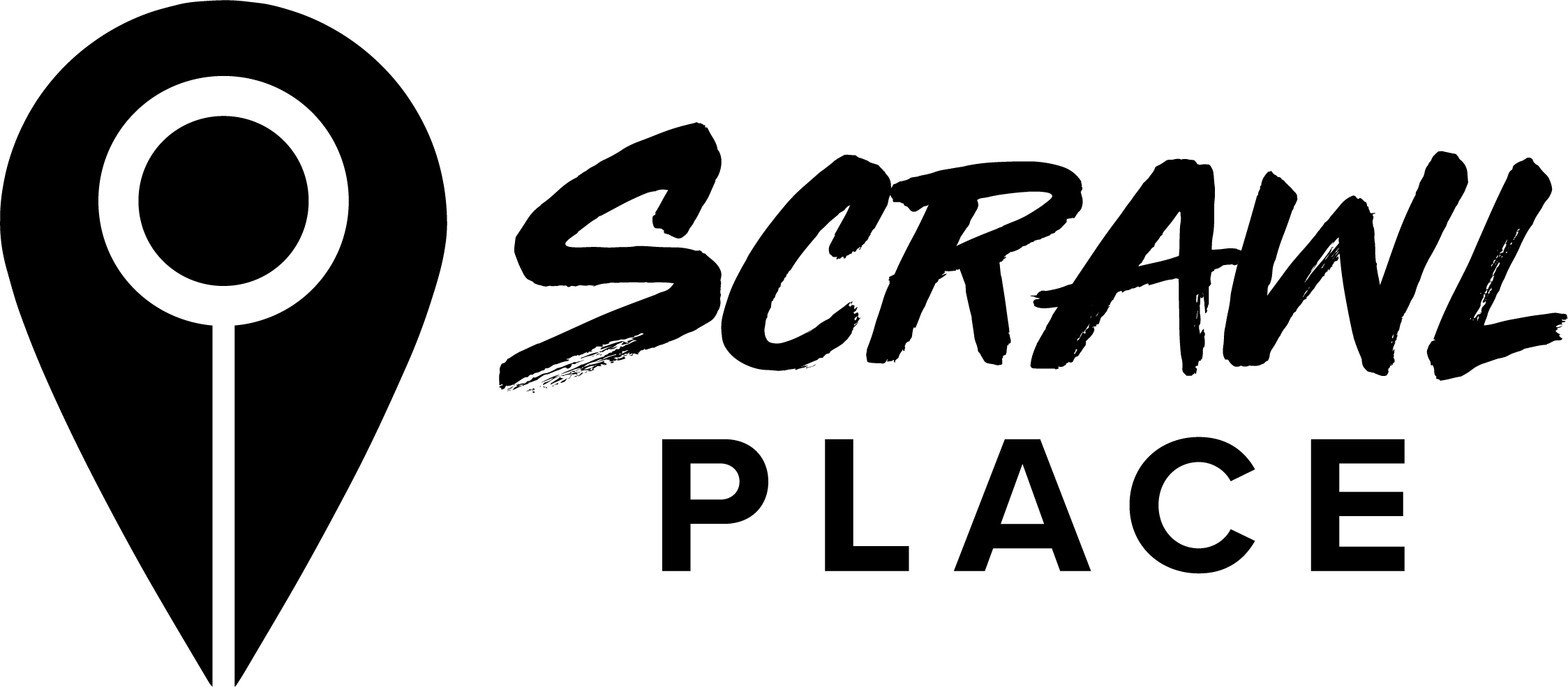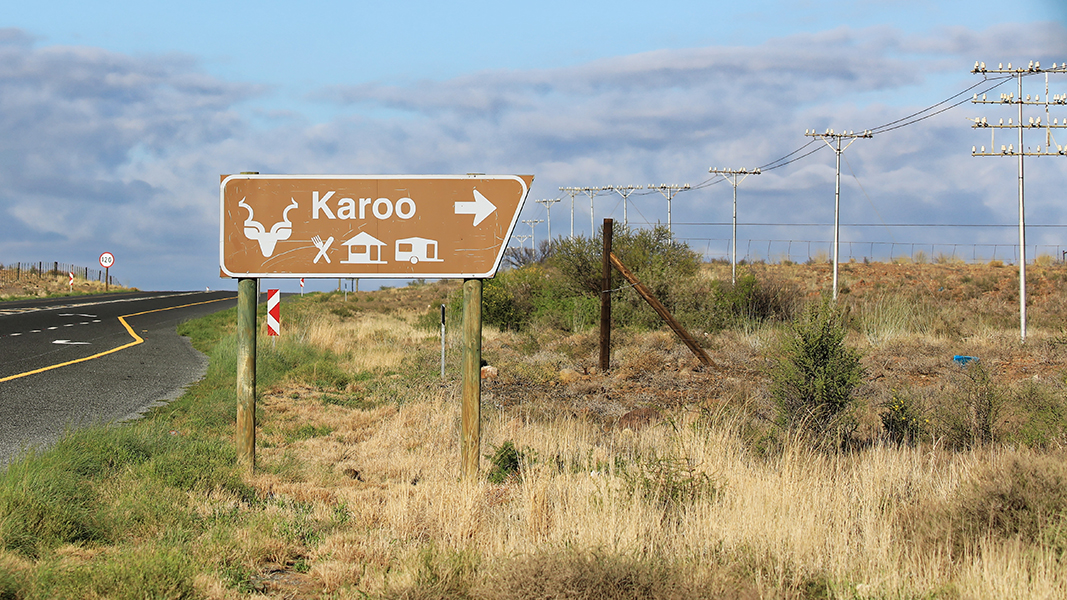Roger is skeptical, because the last time he and Sollie drove down to the Cape from Joburg, Sollie flipped his pickup, a brand-new Datsun, almost off a mile-high cliff. After that, they had got smashed out of their minds at some shebeen and had to hitch their way home. But now Sollie’s waving his hands “no, no, no” at the dismissive smirk curled on Roger’s lips, saying, “It’s all safe mate,” and “so what if it’s the middle of Friday night, there’ll be loads of time to get back to Joeys before Monday morning.”
Still, Roger’s not buying it yet, or maybe he just likes to wag Sollie’s tail, and says, “Ag man, come off it, you just want to see that Tulbagh psychic so she can spray snake piss on your cards, like she’s gonna juice them with voodoo and spice up your luck.”
Sollie laughs, punches Roger in the shoulder and shoots him his best “Ja, how-did-you- guess?” smile, even if he wasn’t thinking about that toothless hag. But now that Roger’s mentioned it, a check-up with that poofie granny might be just the medicine, because the cards have been complete kak these days, like his luck’s been hexed, or even worse, his joss burnt through all its sticks. Still, he’s not sweating it about Roger’s coming along, because he knows Roger can’t get enough of the glinting, calico shacks of the Karoo; the power lines drooping like downed telegraph wires; the expectant hills of the Swartland (so swollen this time of year that their water’s about to break); the regal light and pounding surf of the Cape. And, true to form, Roger stomps out his Lucky Strike, burps, and says, “Sure, my man, why not?”
They’ve done this trip so many times they could do it in their sleep. They’ll take turns driving. Roger will drown himself in the desert’s emptiness, wash away his memories in its open, hungry spaces; and become a child again. Then, floating off on his temporary amnesia, he will count the stars and go on about how they are not gas and clouds and all that science shit because, “You know, they’re really nothing more than flares the angels shoot off to guide our souls when we pass into the Long Night,” as if he can’t wait to get there.
But Sollie doesn’t have Roger’s gift. Mostly, he just tries to suppress the acid reflux that scorches his throat every time he thinks about his ex-wife and the other parts of his wrecked life—at least until the first shafts of sunlight ignite the silica and feldspar in the earth around him—as if an errant spark from one of Roger’s angel’s flares had drifted down and touched a hidden reservoir of kerosene. Because, in those rippling sheets of flame, he sees it’s the world’s heart, not his, that’s cracked and broke and doesn’t ring true.
At such moments, he feels like he’s sitting at the right hand of God. He looks down on his rainbow nation’s shattered prism with an alien tenderness, a delusory compassion. He swears to do better when he gets home; call up his ex-wife; cure himself; spend more time with his children. The feeling never lasts; the vow is always broken. But this time he knows it will be different.
He gets behind the wheel and puts the Glock in his lap. Roger looks at the weapon and nods sagely, because last time they did this they almost got necklaced by some drifters raging on tik. But gun or not, Sollie’s terrified out of his mind. Can’t stop thinking about that letter from the hospital lying on Roger’s desk. The one he had filched without thinking, because that’s what he has done his whole life: lied, cheated, gambled, and stolen—all without thinking. Given up donkey’s years ago trying to figure it out—accepted it’s just how he’s wired, no matter how hard he’s tried to change, no matter how many drives he’s done with Roger. Still, through it all, the only thing that’s kept a part of him pure, like some hidden flame, is Roger. This riddle he hasn’t quite cracked either. But he suspects the solution may have to do with his fidelity; that he’s never cheated on, or lied to, Roger: never, not once, because Roger is tops, real class, best man at his wedding, best mate since school.
Then later, at his flat, when he opened the letter, he felt his knees go numb, his throat clamp shut. He dropped to the floor groaning; writhed like a butterfly being pinned to the back of a picture frame struggling to fly away. But the next morning, he understood it’s better this way, as though his whole life suddenly made sense to him: why he was born to lie and cheat.
He sees the spot where he’s taking Roger: a grassy donga below a kopje that he could find blindfolded. He’s worked it out so they’ll pull in right as the sun rises. He touches the gun to make sure it’s still there. He just wonders if he will have the strength to do it, have the courage of his love, when the time comes. No, he will be true to the end. He will laugh and smile and lie and fake it so frigging good that Roger will feel the cold surf on his shoulders, the sand between his toes, the salt in his lungs, and never see it coming.
After that, he will make sure Roger doesn’t feel a thing.
This story first appeared in the Underground Voices Anthology (Red Moon District).
David Luntz’ work is forthcoming or has appeared in Pithead Chapel, Vestal Review, Scrawl Place, Best Small Fictions (2021), trampset, X-R-A-Y Lit, Ellipses Zine (V12), Reflex Fiction, Atticus Review, Rejection Letters, Heavy Feather Review and other print and online journals. Find him on Twitter: @luntz_david.

